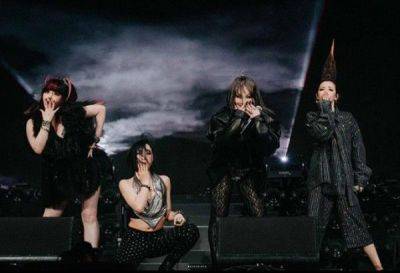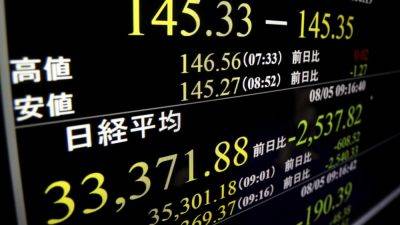As Comic-Con Kicks Off, Japan’s Booming Anime Industry Is Attracting Institutional Finance
Patrick Frater Asia Bureau Chief Ahead of a weekend when Asian content will be making a big impact at San Diego Comic-Con, two of Japan’s largest industrial and financial conglomerates have quietly begun to invest in Japanese animation, the hottest part of the country’s film and TV industry. Marubeni, which has roots in cereals, chemicals and paper but has diversified to become a trading giant and Japan’s 13th largest corporation, says it is targeting the booming manga (comics) and anime (animated movies and series) markets through a new venture with Shogakukan, a leading publisher. Mizuho Securities, another part of the Mizuho keiretsu (a form of business alliance common in Japan), revealed this month that it will launch an animation film fund.
The brokerage will raise finance from institutions and wealthy individuals in lots starting at JPY300 million ($200,000) apiece and says that it aims to raise $15 million by the end of the year. Japanese animation is certainly enjoying a period of unprecedented success. Titles such as Shogakukan and Shin-Ei Animation’s “Doraemon,” Shuiesha and Ufotable’s “Demon Slayer” and “Detective Conan” and “One Piece” have become powerful global franchises.
Recently too, Japanese animated films including Studio Ghibli’s “The Boy and the Heron” and CoMix Wave-Toho’s “Suzume” have proven themselves capable of $100 million single-territory theatrical feats. Mizuho will work with Questry, a blockchain startup, and Royalty Bank. They will then deploy tranches of cash, up to $5 million a time, as investments in a handful of new Japanese animations each year.
Institutional funds were a bigger part of the Japanese scene in the early 2000s, but have since given way to the dominant production committee system. These committees are clusters of companies either in the entertainment business or closely allied to it, such as ad giants Dentsu and Hakuhodo, that agree to share risk. The production committee system creates stability, but it has been criticized for slow decision making, scaring off international co-productions and keeping budgets artificially low.





